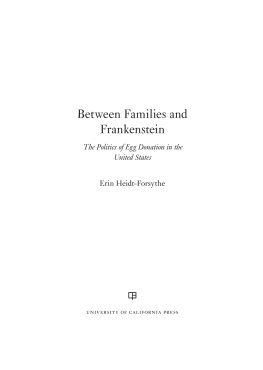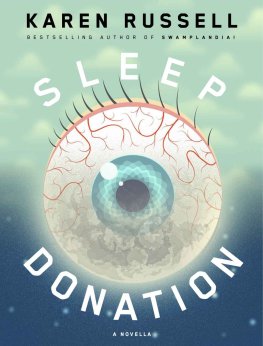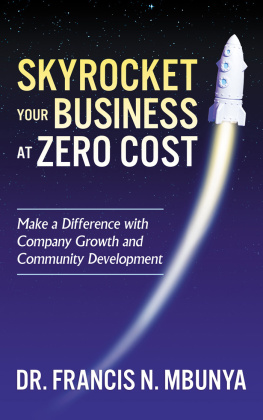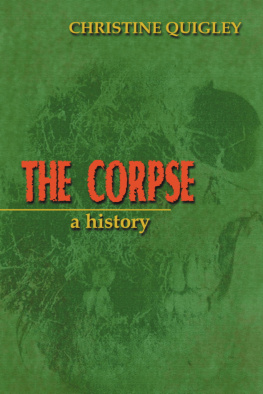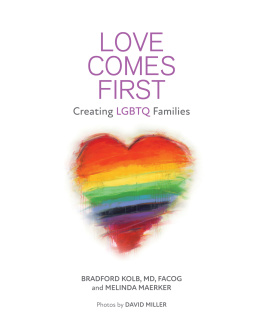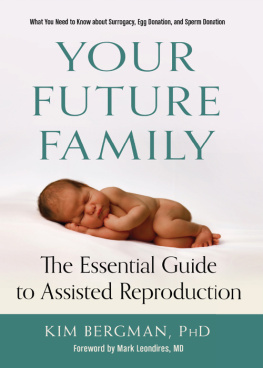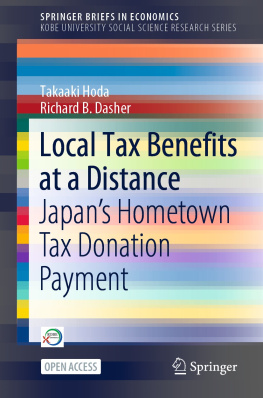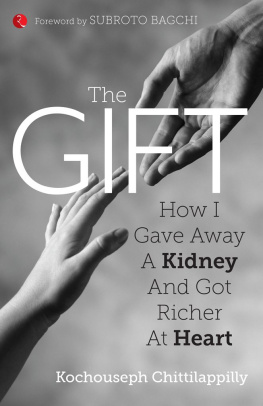ACKNOWLEDGMENTS
Works about reproduction often begin with the adage that writing a book is often like the joyous, long, and sometimes painful process of having children. While I resist this particular simile to describe my decadelong process of writing about the politics of egg donation, I borrow from another metaphor: it truly took a village of colleagues, friends, and family to cultivate what has become my first book. I am a lucky beneficiary of the generosity, kindness, creativity, and intellect of so many people, inside and outside of academia, and am grateful to thank them.
I am immensely thankful for Jocelyn Crowley, without whom this book would not be a reality. Through hurricanes, heartbreak, and Hillary, Jocelyn has generously given me her time and support over the years. I hope to one day repay my great debt of gratitude for her support. My advisor and dissertation chair, Cynthia Daniels, guided my early zeal about reproductive policy toward new and innovative questions about the intersections of reproduction and technology. Cyndi offered me important opportunities to ask interesting questions, work across disciplines, and expand my thinking about the boundaries of political science and gender.
As a first-generation PhD, I would have never completed this book without the support of women and men who have taught and mentored me over the years. At Occidental College, I was inspired to pursue this profession because of the brilliance of Roger Boesche. He is deeply missed. Jane Jaquettes class Women, Politics, and Power illuminated the exciting field of gender and politics to a drifting undergraduate. Heartfelt thanks to Michelle McGowan, one of the people who most significantly shaped my scholarship, from challenging my thinking across feminist studies and bioethics, to providing crucial comments and feedback on the arguments that underpin this project. Thank you for your friendship. And thank you to Lee Ann Banazsak and Carolyn Sachs at Penn State for their warm mentorship, support, and professional guidance.
Faculty, staff, and students at Rutgers University, Case Western Reserve University, and Pennsylvania State University were instrumental at multiple stages of this project. Many thanks to Beth Leech for her early feedback and comments on this manuscript as it developed. Thank you to the Rutgers Political Science Department and Rick Lau for providing funding and Grace Howard for research assistance at the earliest stages of this project. From 2012 to 2013, I was in residence in the Bioethics Department at Case Western Reserve University, which shaped my thinking about feminist bioethics. Thank you to the Center for Genetic Research Ethics and Law at Case Western Reserve University for providing funding and resources for this project, as well as an opportunity to share early portions of this book with an interdisciplinary audience. I finished this book as a faculty member at Penn State, which has provided me the resources, funding, and leave I needed. Thank you to my wonderful undergraduate research assistants, Julia Gurule and Jennifer Heckman. I am especially grateful for the Penn State Womens, Gender, and Sexuality Department, where an amazing group of intersectional and interdisciplinary scholars has created a welcome community for my work. I am truly lucky to be part of this community.
Many thanks to the individuals, groups, and organizations that helped me develop the ideas and methods in this book. The Women and Politics Reading Group and the Center for American Political Responsiveness at Penn State provided important opportunities for feedback on early chapters. I also have immense gratitude for the Gender and Political Psychology Writing Group. This group epitomizes shine theory: I dont shine if you dont shine. Members of the group provided enthusiastic feedback, advice, and support. Additionally, I thank Karen Baird, Rebecca Kreitzer, Kimala Price, and Rebecca Traister for their scholarship, writing, observations, and feedback, which have significantly influenced the arguments, methods, and orientations of this book.
I offer thanks to my editor at University of California Press, Naomi Schneider, for her enthusiasm and support of this project. She has cultivated groundbreaking books on reproduction and the social sciences for UC Press, and I feel deeply privileged to join this list of authors. I am grateful for the editorial assistance of Benjy Malings, as well as the anonymous reviewers, whose keen eyes and critical comments immensely improved this manuscript.
Friendship has sustained me throughout this process. In particular, a group of women have consistently reminded me to stay sharp, keep fighting, and bloom despite the conditions: Krista Chambers, Colleen McKeever, Laura Palotie, and Aubry Parks-Fried, thank you for your sustaining friendship. Thank you to The Gang, particularly Sarah Cohn Hickey and Aaron Bawol. Doctors Hayley Baines and Nimish Parekh were incredible sources of strength and hilarity throughout the long years I have worked on this project. Among those at Rutgers and beyond, I am lucky to know and count on over a decade of friendship with Kelly Dittmar, Tessa Ditonto, Wendy Wright, Anna Mahoney, Sara Angevine, and Dave Andersen. And thank you to my friends Allison Harris, Zach Baumann, Amir Fairdosi, and Michael Nelson at Penn State. The future of the profession is bright with folks like you.
My family instilled in me a deep curiosity about the natural and social worlds. My mother and father, Susan and Stephen Forsythe, deserve more thanks and credit than an acknowledgments section can provide. From supporting my decision to study gender and politics for a living (with only one question, Can you get a job in that?) to literally providing a sanctuary so I could finish my book, they have been a source of strength and inspiration every single step of the way. Ryan Forsythe and Kelly OHara, thank you for being a source of feminist love and support. Eamon OHara-Forsythe, I never anticipated how much joy you would bring into my life, and I cant wait to watch you take on the world. Thank you to the extended Major family for their long-standing support.
This book is dedicated to Mark Major, my husband. My deepest love and gratitude is for Mark, whom I met at the same time I began this project. Over the course of a decadein which we fell in love, got married, and each wrote a bookwe have continued a long and lovely conversation, one that I hope will never cease. From long walks in the woods to crisscrossing the country with Sloan and Gilmore in the back of the car, he listens my ideas, challenges my thinking, comforts me when things get tough (as they always do), and shares in my joy. Mark read every word of this manuscript, many times over, which is a testament to his unflagging patience and support. I am privileged to be your partner, and I benefit from your sharp intellect, loyalty, love, and humor more than I can express here. I am better, and this book is better, because of you.

